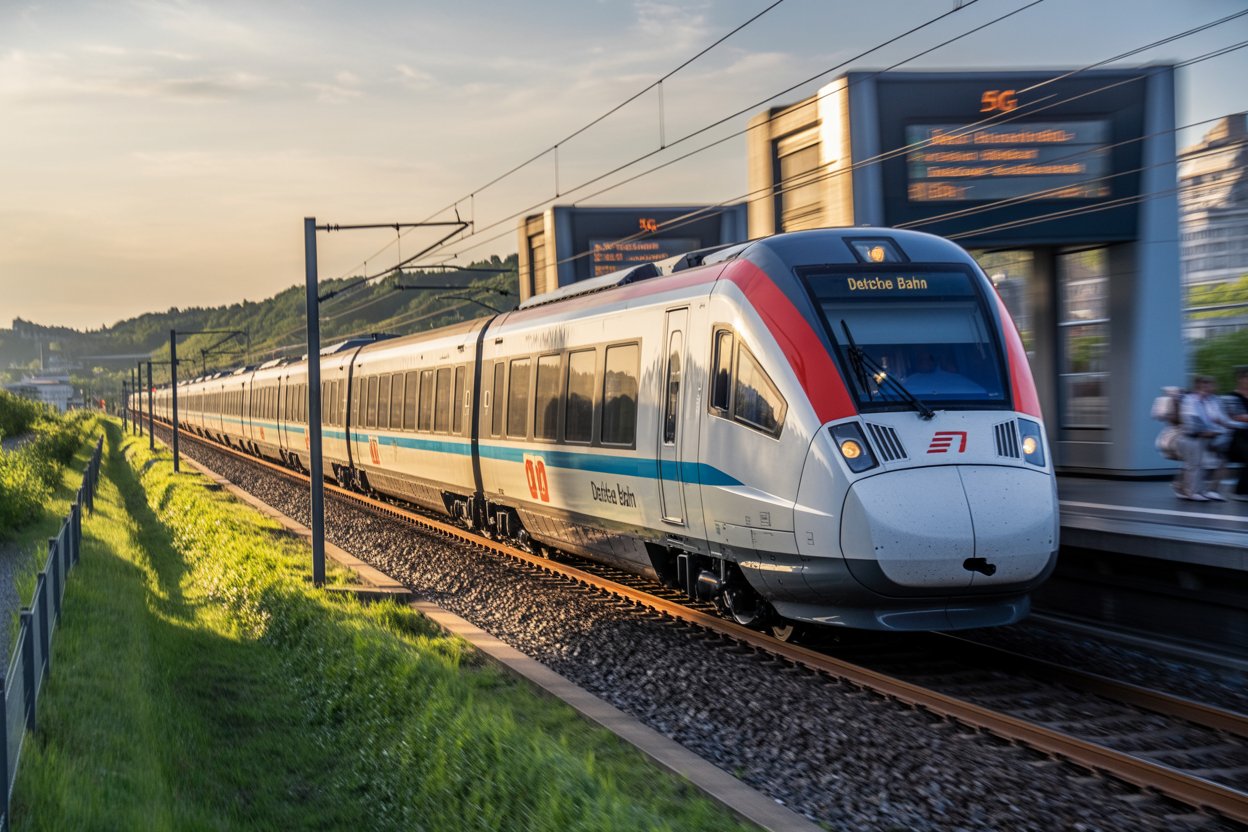Published on
September 24, 2025
On September 22, German Transport Minister Patrick Schnieder presented a highly anticipated report on rail reform, laying out a comprehensive 10-point strategy aimed at enhancing the country’s rail operations. The 34-page report, prepared by the Ministry of Transport, offers detailed recommendations to address the operational challenges faced by Germany’s rail system, particularly the state-owned German Rail (DB).
Key Components of the Reform Plan
The report highlights a series of initiatives designed to improve the reliability and cost-effectiveness of DB’s operations. The 10 key points outlined in the report include:
- Emphasis on enhancing reliability and cost-effectiveness across DB’s services.
- A shift towards DB’s core business, including the sale of non-essential shareholdings.
- Three immediate programmes aimed at improving the passenger experience.
- Continued unbundling of infrastructure manager DB InfraGO within the DB group to improve efficiency.
- Streamlining the management boards of both DB and DB InfraGO, and reorganising their supervisory boards.
- Establishing effective federal governance for DB and DB InfraGO.
- Fostering digitalisation of infrastructure and rolling stock, with pilot projects for 5G telecommunications technology.
In addition to these reforms, the report sets out five key goals for DB to achieve over the coming years. These goals include:
- Notable improvements in reliability, with an emphasis on achieving 90% on-time arrivals for long-distance trains and maintaining over 90% reliability for regional and local services.
- Sustainable profitability by 2028, with the previous target of 2026 for DB Cargo remaining in place.
- Increased public welfare through better services and accessibility.
- Rapid implementation of the proposed reforms.
- Effective management of the changes to ensure long-term success.
The publication of the report coincided with the announcement of a new CEO for DB, further signalling the government’s commitment to reforming the rail industry.
Minister’s Vision for the Future of DB
During the press conference introducing the report, Minister Schnieder emphasised the need for DB to become more punctual, safe, and efficient. He highlighted the importance of customer satisfaction, stating, “DB must become faster, leaner, and more economical. We are focusing on customer orientation because the railway should serve the people.” The focus on improving service quality for passengers reflects the government’s prioritisation of customer-centric solutions.
Industry Reaction
The release of the rail reform report has generated a mixed response from the German rail sector. In a joint statement, the German Rail Freight Association (Die Güterbahnen) and Mofair, an organisation representing private operators, expressed concerns over the lack of concrete transport targets and measurable objectives in the plan. They noted that the federal government’s framework conditions appeared vague and that changes to management were insufficient to instigate the desired turnaround at DB.
The associations also criticised the report for its disproportionate focus on passenger transport, arguing that the rail freight sector had been largely overlooked. They called attention to the fact that rail freight is integral to the overall success of Germany’s rail system and should not be neglected in favour of more popular passenger services.
The Road Ahead for DB
Despite the mixed reactions, the rail reform plan represents a significant step towards modernising Germany’s railway network. The proposed improvements in punctuality, service quality, and profitability will be crucial for enhancing DB’s competitiveness, particularly in the face of growing environmental and economic pressures. If successfully implemented, the plan could mark the beginning of a new era for German rail, with a stronger focus on customer satisfaction and sustainable growth.
